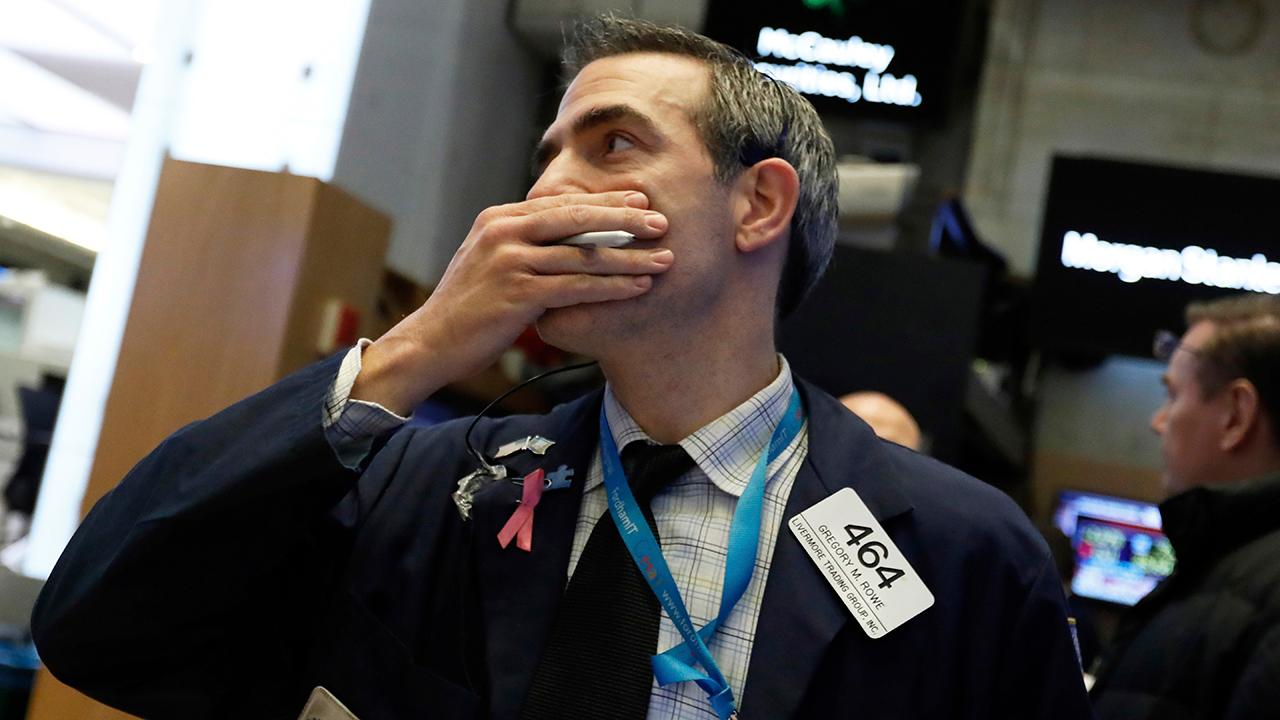Is your credit score accurate?
Americans depend on a three-digit credit score for many important financial transactions and lenders rely on them to determine whether a borrower is creditworthy.
But what if those credit scores don’t accurately reflect the full picture of that borrower's financial situation and corresponding ability to make repayments?
That’s the concern researchers are raising now, ten years into an economic expansion.
The average FICO credit score reached 704 last year, according to a report released by the scoring company in September, an all-time high. That was up from 686 in 2009.
But even as credit scores have been rising, many are burdened by mounting debt loads. Overall household debt levels are at a record high, according to data from the Federal Reserve Bank of New York.
In fact, the New York Fed said in February that more Americans were behind on auto loan payments at the end of 2018 than at the end of 2010 during the financial crisis.
So what's going on?
According to research from Moody’s Analytics, after a decade of economic recovery, credit scores may no longer accurately reflect probability of nonpayment. That’s because there are a variety of external economic factors that impact a borrowers’ ability to make payments, which aren't being taken into account by current underwriting standards.
It is much easier to meet monthly payments when the job market is strong and wages are increasing, Cris deRitis, Moody’s Analytics deputy chief economist, noted.
“As monthly payments are either made or they are not, it is difficult to distinguish between those borrowers who are able to pay because the economy is favorable from those who are resilient across economic environments,” deRitis said.
That means people with the same credit score can actually have different default risks as economic conditions change, a theory known as credit score drift. It also means that some borrowers may have seen their credit scores increase, while their creditworthiness has effectively remained the same.
In the event of an economic slowdown, lenders could find that some borrowers who have been deemed creditworthy might have a harder time making payments. Inflated credit scores could be a problem for lenders that rely most heavily on the FICO scores, without examining other standards.
On the flip side, Moody's noted that economic expansions also lead to a decline in the number of borrowers considered subprime. However, borrowers still considered subprime today "tend to pose a much higher relative risk of default" than those deemed so during an economic contraction. The number of people with VantageScores below 620, however, is at a record low.
CLICK HERE TO GET THE FOX BUSINESS APP
In his most recent letter to shareholders, JPMorgan CEO Jamie Dimon said he was not concerned about a recession, but added that “overall, loans are still the biggest risk that banks take.”




















